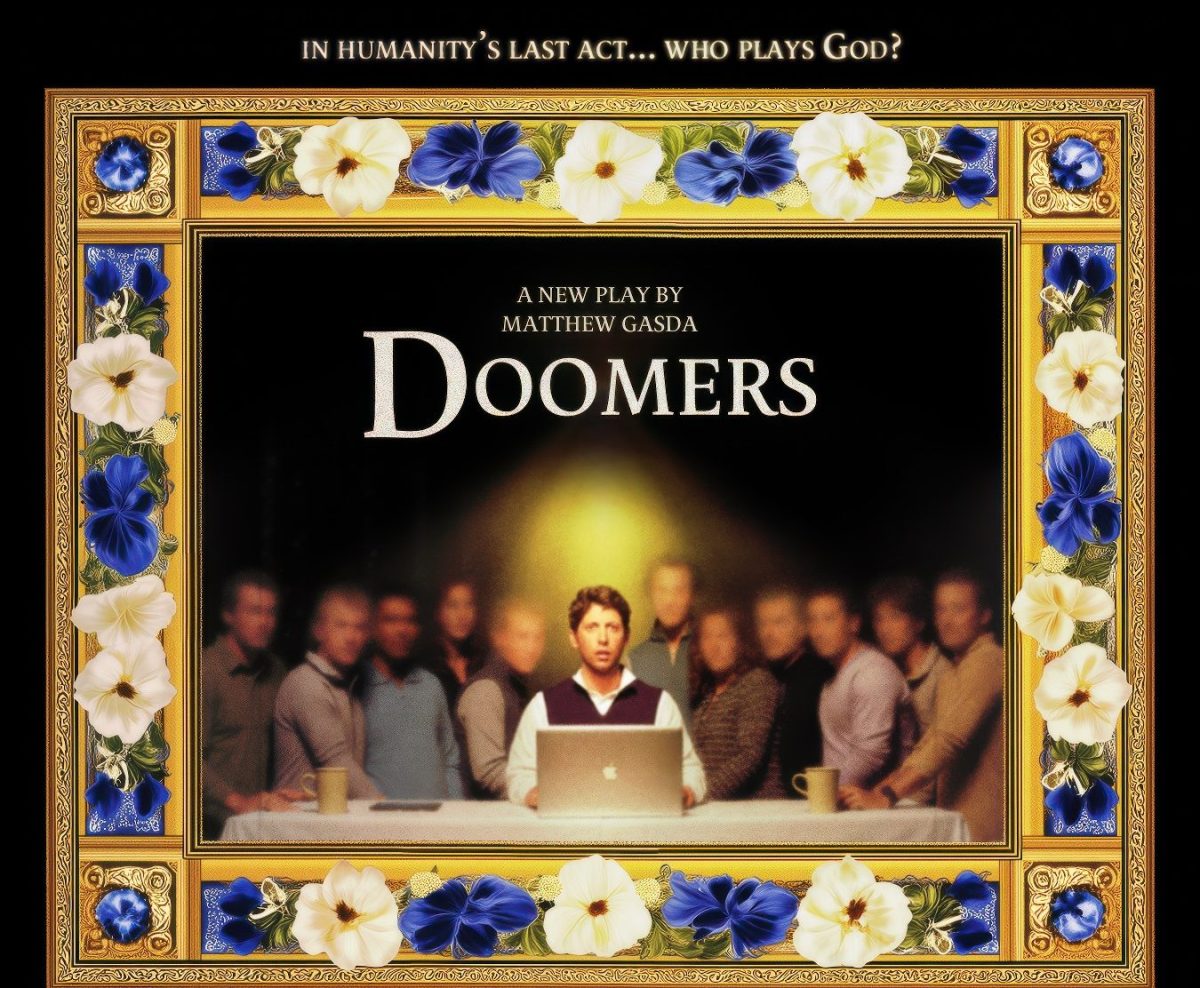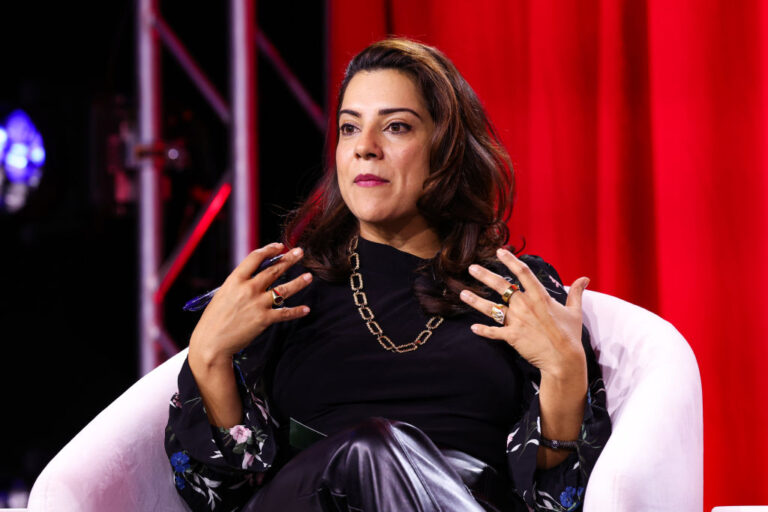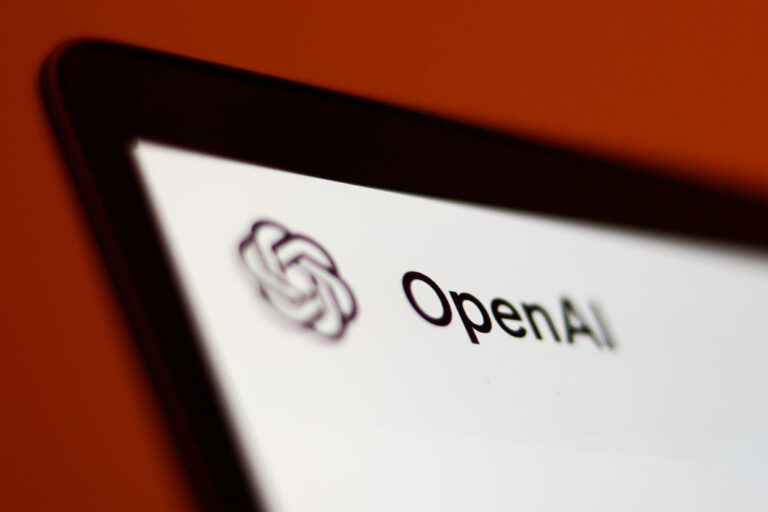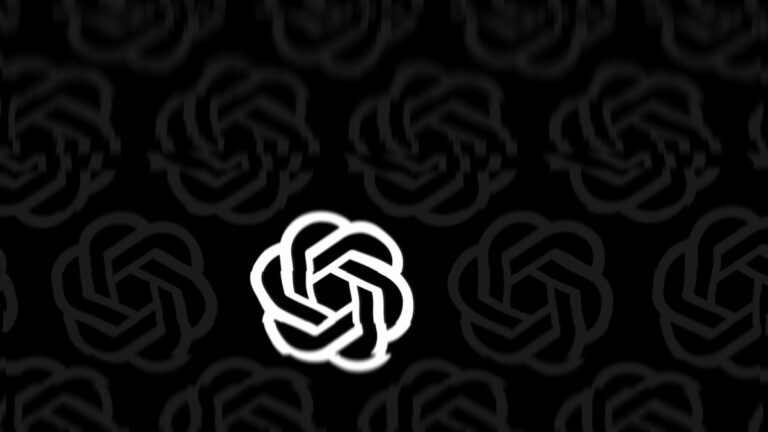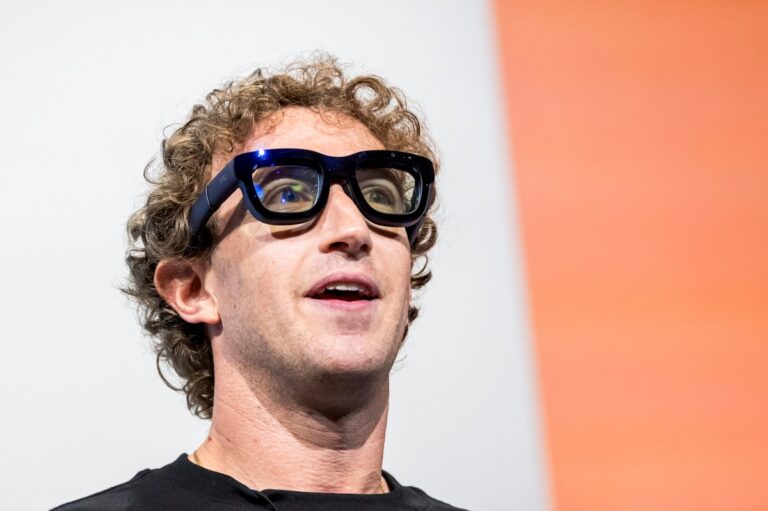Sam Altman’s OpenAI Departure Sparks Cultural Conversation: A Deep Dive into the Impact on Tech and Society
In the realm of contemporary theater, the play “Doomers,” created by Matthew Gasda, emerges as a thought-provoking exploration of artificial intelligence (AI) and its implications. Set against the backdrop of a New York City art gallery turned theater, the premiere captivated an audience eager to witness a fictionalized portrayal of events surrounding the ousting of OpenAI’s CEO, Sam Altman, in November 2023.
Overview of “Doomers”
“Doomers” draws inspiration from real-life events where Ilya Sutskever, co-founder of OpenAI, informed Sam Altman of his termination due to concerns about AI safety and alleged toxic behavior. Gasda emphasizes that his aim is not to produce a documentary but to engage with broader philosophical questions regarding AI safety and alignment.
The Philosophical Context of AI
Throughout history, humanity has woven narratives around groundbreaking inventions and their associated risks. From Prometheus’s fire to Oppenheimer’s atomic bomb, the allure of innovation has always been potent. With “Doomers,” Gasda positions the arts as a vital contributor to the ongoing debate about technological advancements and their ramifications.
“The humanities and the arts can express perspectives on this topic,” Gasda stated. “We may lack financial and technological power, but we have the right to represent this world.”
Plot Synopsis
The play is set in a fictional company named MindMesh, featuring a character named Seth, who embodies the egotistical nature of a spurned CEO. The narrative unfolds in two acts:
- Act One: Takes place in Seth’s “war room,” where he and his inner circle discuss the board’s decision to oust him and the next steps for their groundbreaking technology.
- Act Two: Shifts to the MindMesh boardroom, revealing the fears of board members about Seth’s potential retaliation and the existential threats posed by competitors.
The play’s central conflict mirrors current global discussions: the existential risks posed by AI versus its potential benefits.
Character Dynamics and Themes
Gasda invested considerable effort into developing the characters, drafting the script 35 times. The cast includes ten characters, many of whom are inspired by real individuals connected to the AI community, such as:
- Sam Altman (Seth)
- Mira Murati (interim CEO)
- Greg Brockman (co-founder)
- Eliezer Yudkowsky (safety researcher)
As the characters debate critical questions regarding the pace and direction of AI development, Seth’s character stands out. He argues for rapid advancement, claiming, “I was fired for creating miracles,” while advocating for a future where AI resolves major global issues.
Humor and Cultural Commentary
Despite its serious themes, “Doomers” incorporates humor, reflecting the quirks of Silicon Valley culture. References to current trends, such as “Cali-sober” lifestyles and the use of psychedelics, punctuate the dialogue, making the play relatable and engaging.
The Evolving Landscape of AI
Since the events depicted in “Doomers,” the AI discourse has evolved. Following Altman’s reinstatement, OpenAI has continued to thrive, raising substantial funding and attracting attention amid a competitive landscape.
As the company pushes forward, the critical question remains: is the rapid pace of AI innovation a boon or a bane for humanity? As the character Alina poignantly states, “It’s ugly to build God, because we’re so ugly, and it’s based on us.”
For those interested in exploring more about the implications of AI and its ethical considerations, visit TechCrunch for in-depth articles and updates.
To learn more about the play and its themes, check out related articles on theater and performance arts.

